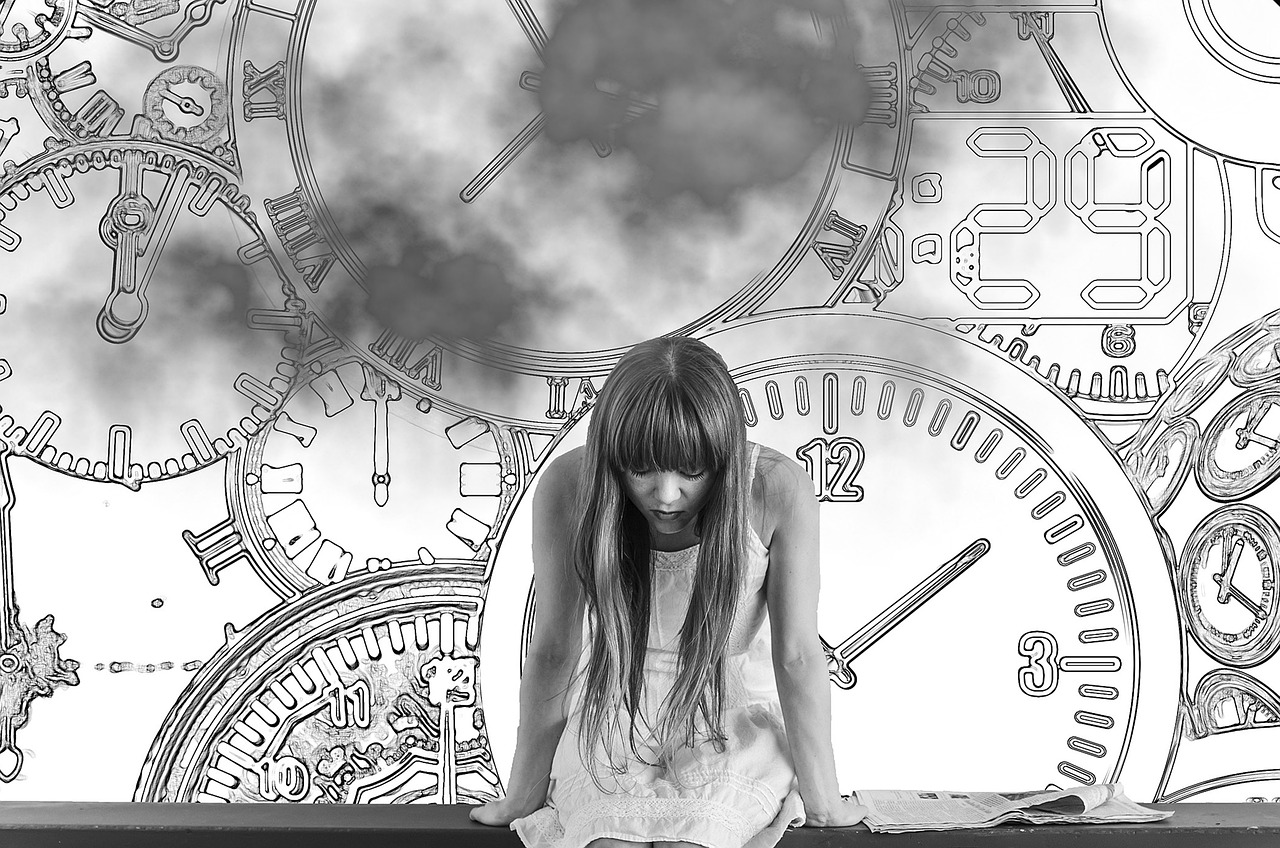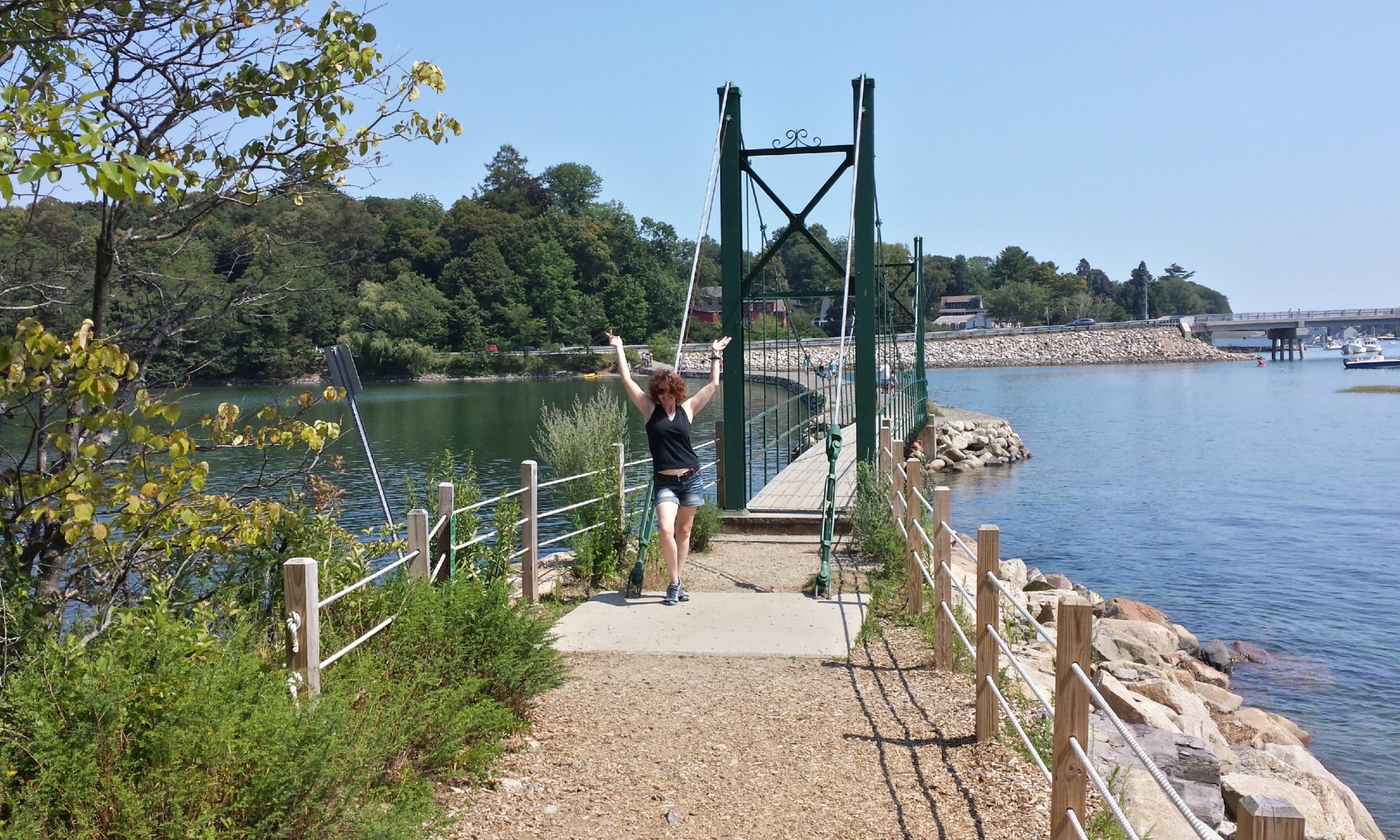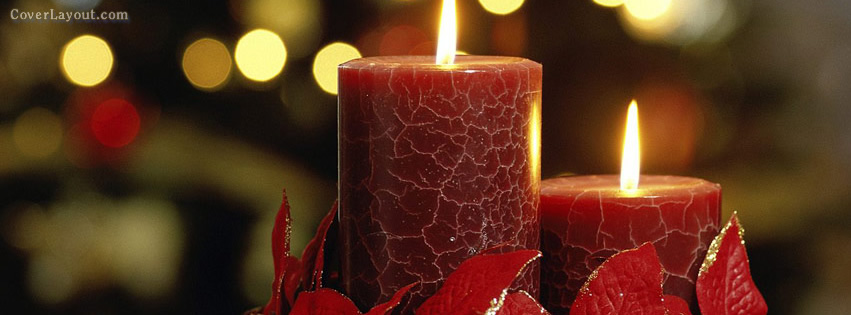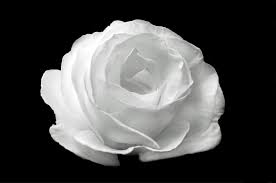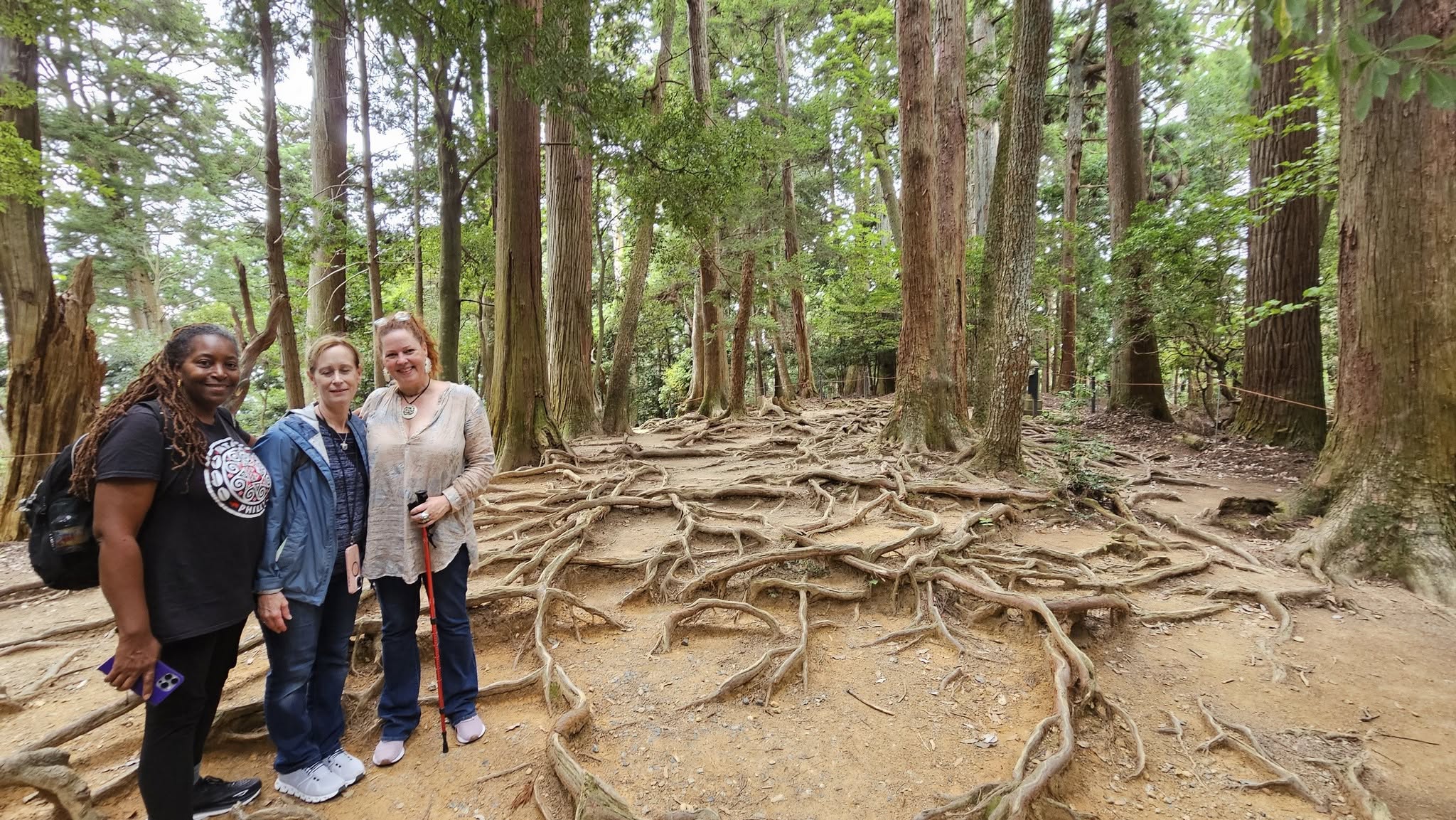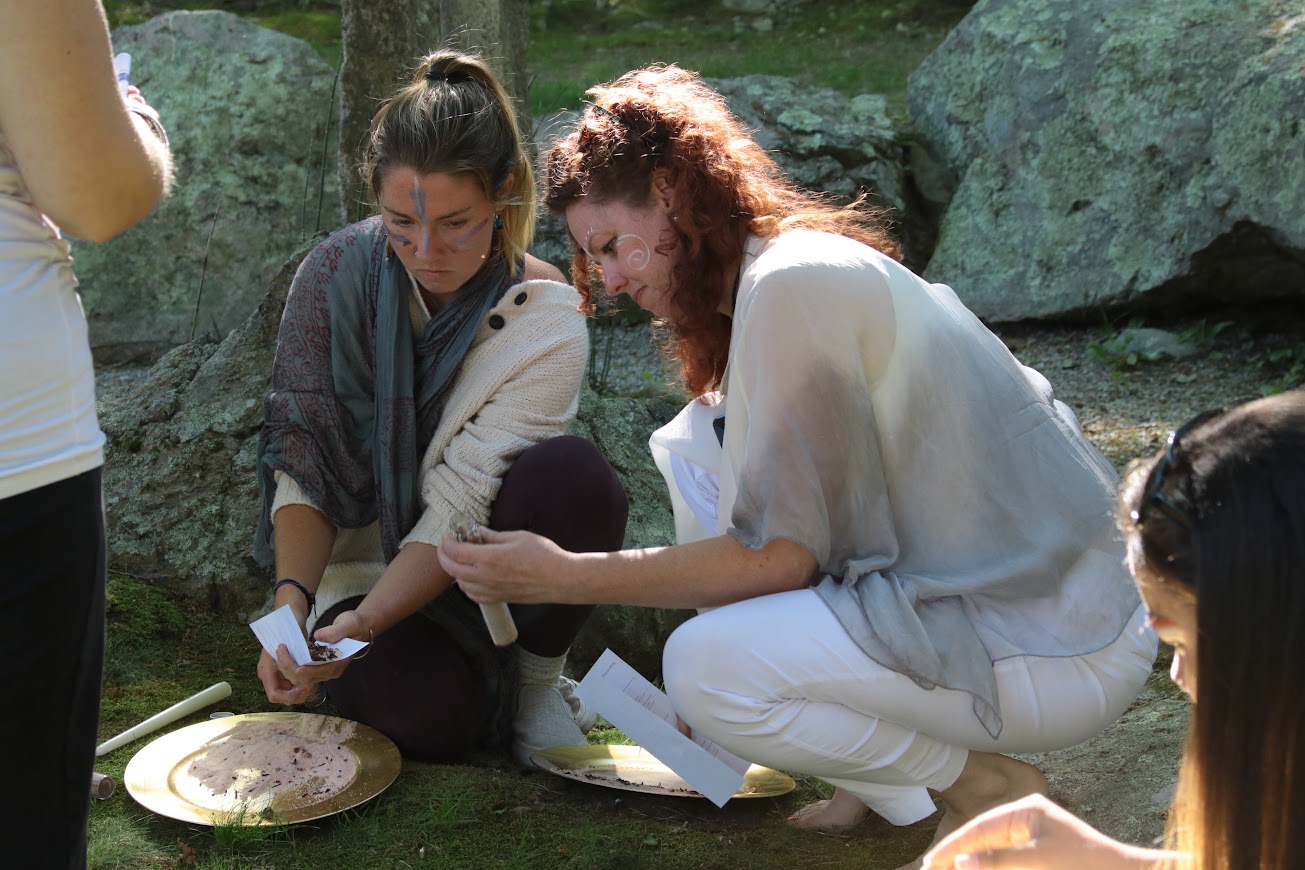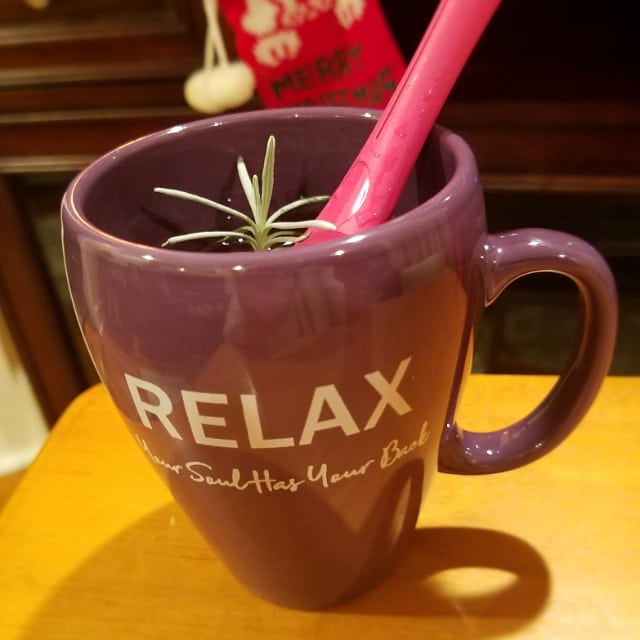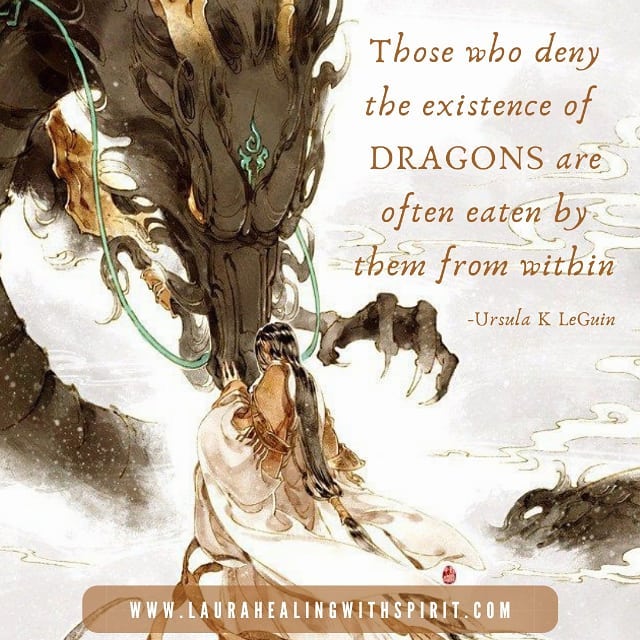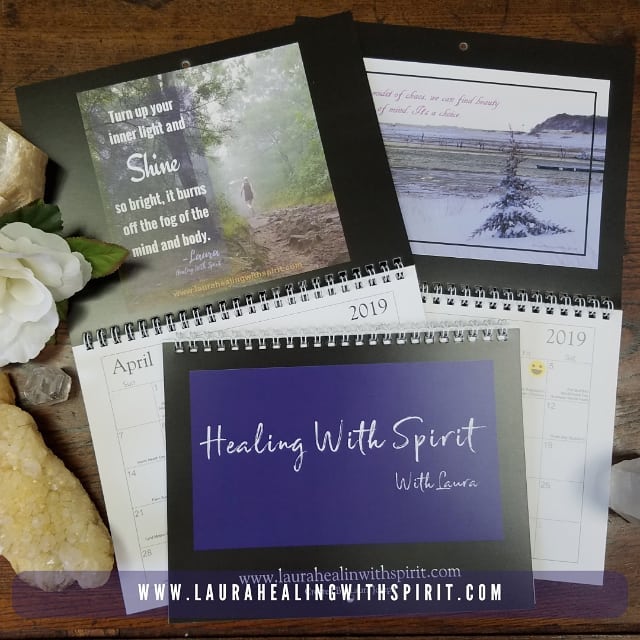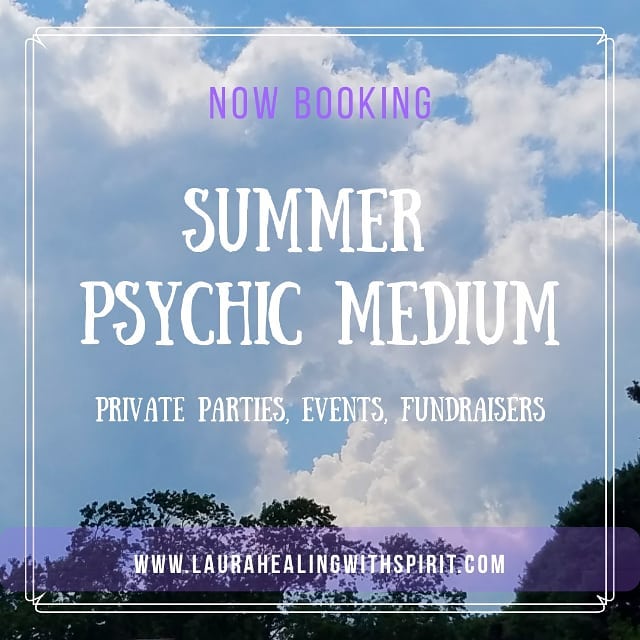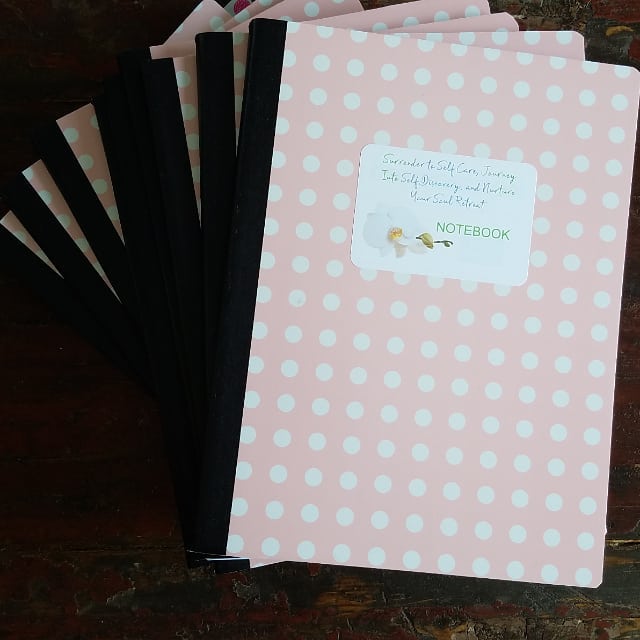In this post, we will explore the following to address perceptions, boundaries, trauma, predatory behavior, healing, and healers.
My goal is two fold:
- to awaken reiki practitioners and healers to their full optimum potential while understanding their ethical responsibilities to their clients and/or students,
- and to help guide those seeking healing services for themselves or a loved one.
In this post, we will address the following:
- Introduction to this sensitive topic from a personal and professional perspective
- #TimesUp healers and reiki practitioners video
- 12 Tips To Choosing A Reiki Practitioner
- Questions to ask a prospective reiki practitioner
Introduction to This Sensitive Topic
In search of “healing the broken me” as I would like to call it from years of abuse that resulted in complex C-PTSD or complex post traumatic stress disorder, I originally delved into the traditional American Healthcare System in hopes I can quickly return to my unbroken self. Like many others, I have felt that I was not getting better and band-aids were being applied to my mental, emotional, and physical symptoms that were not getting better and began to spiral out of control.
I realized there had to be more to all this and began looking into the spiritual aspects of my issues that the healthcare system couldn’t figure out.
I started reconnecting to my spiritual path. I began meditating. I eliminated inflammatory foods. I sought out reputable teachers and healers. I started connecting with the divine within me and my divine team. I learned and studied multiple holistic health modalities and spiritually based practices.
These practices saved my life and has been allowing me to reclaim my life in ways to defy all logic. I was fortunate in who I sought out as healers and other professionals to help guide me.
However, abusers and predators are still very skillful at their tactics, which is what sparked this post. I have been doing this work since 2006, and I have experienced numerous situations that were quite disturbing that made me wonder how to communicate such a delicate and serious topic that would hopefully be welcomed and received both by the healing community and trauma survivors.
This leads me to the next point …
#TimesUp Healers and Reiki Practitioners Video
I need your help on what I consider a very sensitive topic.
This video which was recorded in April 2018 took over 4 years to make due to concerns of my ability to communicate what needs to be said in a way that is heard and openly received.
What healers and survivors need to know.
Have you experienced THIS?
- Are you aware?
- What steps are you taking to ensure the safety of those around you?
- What are you doing to help break the cycle of abuse?
Ironic or what … that this article was published on the same day as my live video on same topic from the NY Times. “In the space of a few short hours on Monday evening, Eric Schneiderman went from being known as one of the nation’s most progressive and influential attorneys general to being cast as a drunken, abusive monster who terrorized women in his personal life even as he publicly advocated women’s rights.”
This NY Times article is worth the read to tie into my argument. In the meantime, I will share with you 12 tips in choosing a reiki practitioner and questions to ask.
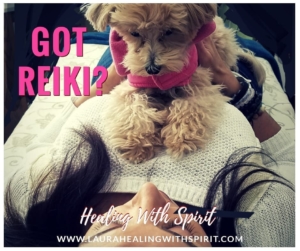 12 Tips To Choosing A Reiki Practitioner
12 Tips To Choosing A Reiki Practitioner
Healing varies from person to person and what some call “reiki training” varies from teacher to teacher since there is no standardization of training in the Unites States. Most reiki training teaches the basics centered around stress reduction and relaxation. While others who call anything involving some form of energy healing or hands on energy work, reiki, can sometimes be misguided.
Let’s be clear first and foremost, reiki is a Japanese complementary alternative mind body medicine therapy, self care and meditation practice that works with the human body’s bioenergy field. I won’t go into details here. You can click here for more elaborate description.
Administering or facilitating a reiki session to someone who has been traumatized or abused is NOT part of the standard training curriculum for most reiki practitioners.
If you struggle with healing from trauma associated with abuse, here are 12 tips in choosing the right reiki practitioner for you. Plus, 10 questions to ask a prospective reiki practitioner/teacher.
You may also check out the article I wrote several years ago while teaching college on Reiki Can Do No Harm or Can It? for more tips and guidance.
Click here for more posts about healing trauma
Click here for more posts about reiki.
I hope what I wrote helps someone out there in need who needs something to help them survive in order to thrive.For healers who read this, my hope is that this inspired you to be better than you already are. The world needs more healers. We need you to step up and help be the best version of you.
Please share the love and compassion.



To schedule a private session, to book a corporate wellness event, or speaking engagement, please private message me

